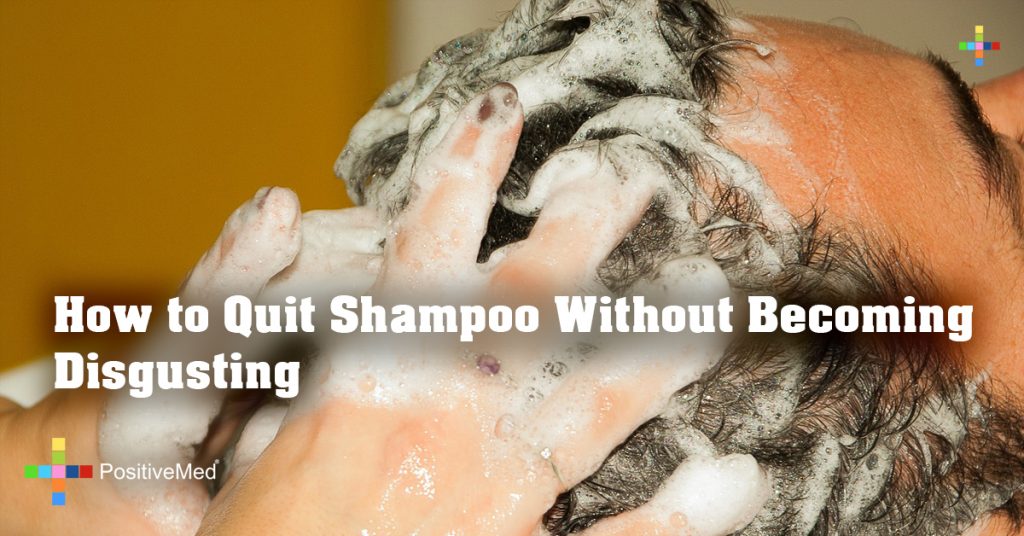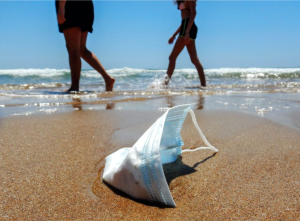
How to Quit Shampoo Without Becoming Disgusting
You may have heard about the “no poo” movement that’s been sweeping the nation. Many people have stopped using shampoo for a variety of reasons, reducing their carbon footprint, because shampoo is too harsh, because for any number of reasons they want to avoid harsh chemicals often found in shampoo, and some, just because it’s cheap.

Photo Credit
Before the beginning of the 20th century shampoo did not exist, when people did wash their hair it was only with water, or with regular soap. Regular homemade soap does not fare well in alkaline water, so shampoo was born, it’s detergent, for your hair. There are many legitimate health concerns about the chemicals used in shampoos, and whatever goes ONTO your body is also entering INTO your body, although, they say the amounts used in shampoo are not enough to be dangerous. If a lot is toxic, using some must have at least a small element of danger, that’s just common sense.
The most dangerous chemicals to be found in most shampoos are sodium laurel sulfate, or SLS, and if you have ever tried to find a bottle of shampoo without these chemicals, you already know that it’s a long frustrating process. SLS can be irritating to skin, causing sores, hair loss, rashes, and acne, plus it’s hard on the environment when it enters the sewer system, as are many of the “safe” chemicals.
People who have compromised immune systems or severe allergies often stop using chemical-laden items just because they feel better living more naturally.
Detergent is harsh, it can be rough on your delicate tresses, which creates a need for more chemicals, in the form of conditioners, hairspray, gels, and mousse, for starters. Think about washing your hair with laundry soap, except shampoo smells better, and comes in pretty bottles.
If you want to try going without shampoo, be aware that your hair will require an adjustment period, which for most people, is about 2 weeks, depending on how often you shampoo your hair now (and you are probably washing it too often) because your head is used to having its vibrant natural oils stripped off, so when they are not stripped it will produce more oils to remind you to wash. If this bothers you, wear a hat or scarf. You can also sprinkle a small amount of baking soda on your part, massage a minute, then brush thoroughly. You need to brush your hair thoroughly twice a day, to redistribute the oils, and wash your hairbrushes, at least once a month, which you should be doing already.
If you’re still reading along, and wondering how on earth your hair will stay clean without shampoo, here you go. Small children should not need shampoo, their heads are not really producing oil yet, rinsing with water and a little soap if needed should be enough. For adults, rinse your hair with water most days, once or twice a week mix one or two tablespoons of baking soda with a cup of water until it’s dissolved, pour a little on your scalp, work it in, and rinse well. If you have dry hair you can rinse with one tablespoon apple cider vinegar mixed with water, if your hair is frizzy you can try mixing honey with water in the same amounts. If your hair is too dry use less baking soda, if it feels dirty use a little more, it’s a trial and error process, but chances are good you will be impressed. Almost everyone who has tried this loves the change in their hair, it’s texture, and it’s manageability. If you absolutely need something for frizz, try a little coconut oil on your palms and rubbed through the ends, it works like a dream.
Try it for a month, let us know how it worked for you!





